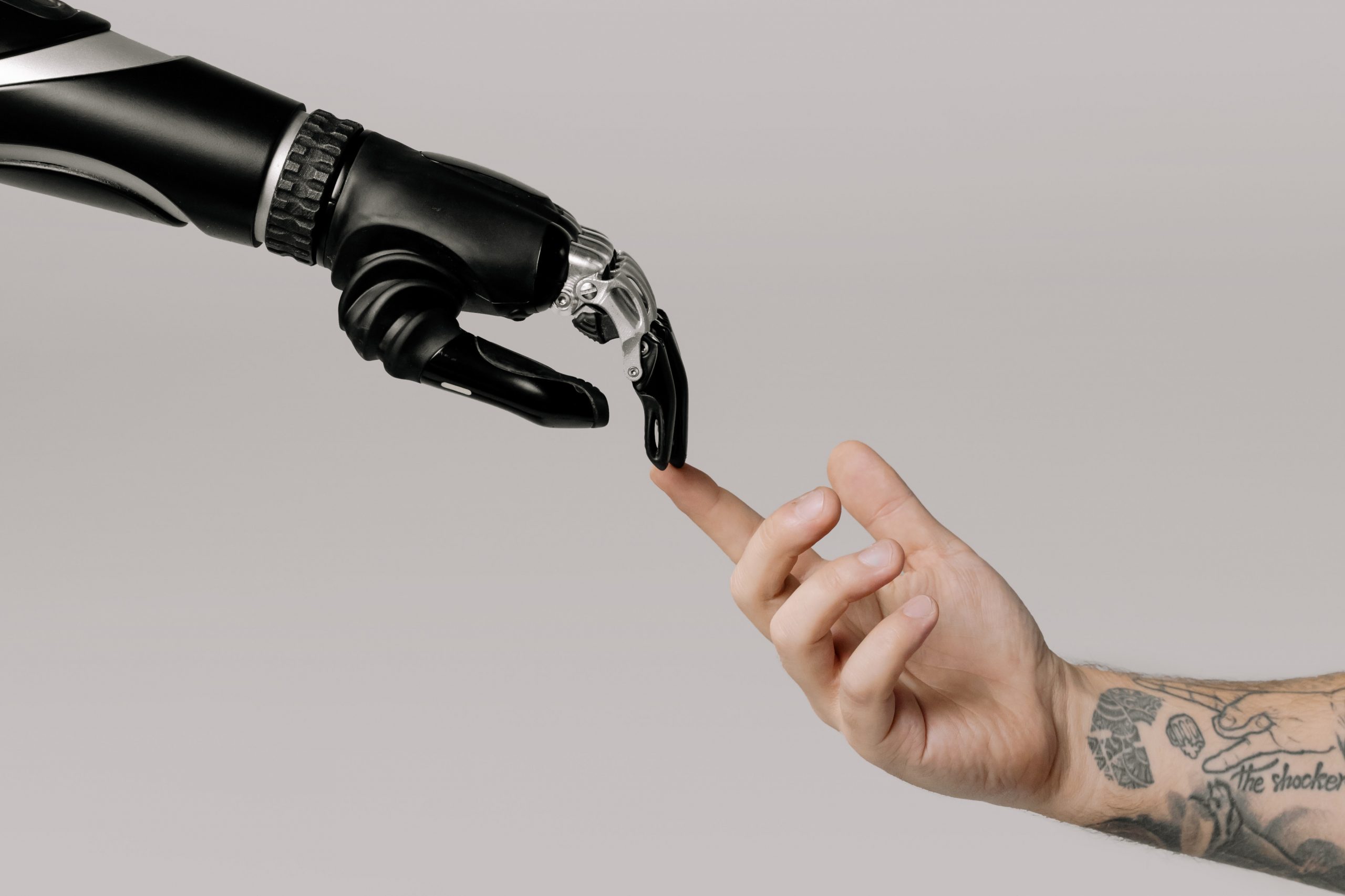
The Human Touch in a Digital World: Balancing Artificial and Emotional Intelligence in the Future of Work
In today’s fast-paced digital era, automation and artificial intelligence (AI) are rapidly transforming the workplace. While these advancements promise increased productivity and efficiency, there is a growing concern about the balance between leveraging technology and preserving the essential human qualities that define our work experience. Emotional intelligence, empathy, and collaboration are key components of a successful work environment, even as we embrace the conveniences of automation. This blog post will explore how businesses can effectively integrate technology and human talent to drive success in the digital age and prepare themselves for the future of work.
The Rise of Automation and AI
Automation and AI have revolutionized the way we work, offering numerous advantages, such as reducing manual labor, streamlining processes, and eliminating human error. Companies that invest in these technologies often see improved efficiency, faster decision-making, and increased competitiveness. However, as we rely more heavily on machines, there is a risk of losing human touch in our work interactions and neglecting the soft skills that make us uniquely human.
The Importance of Emotional Intelligence
Emotional intelligence (EI) is the ability to understand and manage one’s own emotions and the emotions of others. It plays a crucial role in effective communication, teamwork, and leadership. In an increasingly automated workplace, EI is more important than ever. As routine tasks are handled by machines, human workers will need to focus on tasks that require empathy, creativity, and interpersonal skills.
Here are some ways to foster emotional intelligence in a digitally transformed workplace:
Encourage open communication: Open and transparent communication helps build trust and a strong sense of camaraderie among team members. Encourage employees to share their thoughts and feelings openly, and actively listen to their concerns.
Promote collaboration: Collaborative work environments promote innovation, problem-solving, and decision-making. Provide opportunities for employees to work together on projects and create spaces that facilitate brainstorming and teamwork.
Offer training and development: Provide training and development programs that focus on enhancing emotional intelligence, communication, and leadership skills. This will help employees adapt to the changing work environment and excel in their roles.
Balancing Automation and Emotional Intelligence
To strike the right balance between automation and emotional intelligence, organizations should consider the following:
Identify tasks that require human intervention: Understand which tasks demand a human touch, such as decision-making, creative problem-solving, or empathetic communication with clients. Assign these tasks to human workers while automating repetitive and mundane tasks.
Integrate technology with human skills: Leverage AI and automation to augment human abilities. For example, AI-powered analytics can help employees make data-driven decisions, while collaboration tools can enhance teamwork and communication.
Create a people-centric culture: Foster a culture that values emotional intelligence, empathy, and collaboration. Recognize and reward employees who demonstrate these qualities and prioritize employee well-being and work-life balance.
Promote work-life balance: Encourage employees to maintain a healthy balance between their personal and professional lives, as this can significantly impact their emotional well-being and overall performance at work. Offer flexible working arrangements and emphasize the importance of taking breaks to recharge and unwind.
The future of work will be characterized by an intricate interplay between artificial and emotional intelligence. By embracing the strengths of both technology capability and human ability, businesses can create a dynamic work environment that thrives in the digital age. By fostering emotional intelligence and strategically integrating automation into the workplace, organizations can achieve long-term success and maintain the human touch that makes work meaningful.




